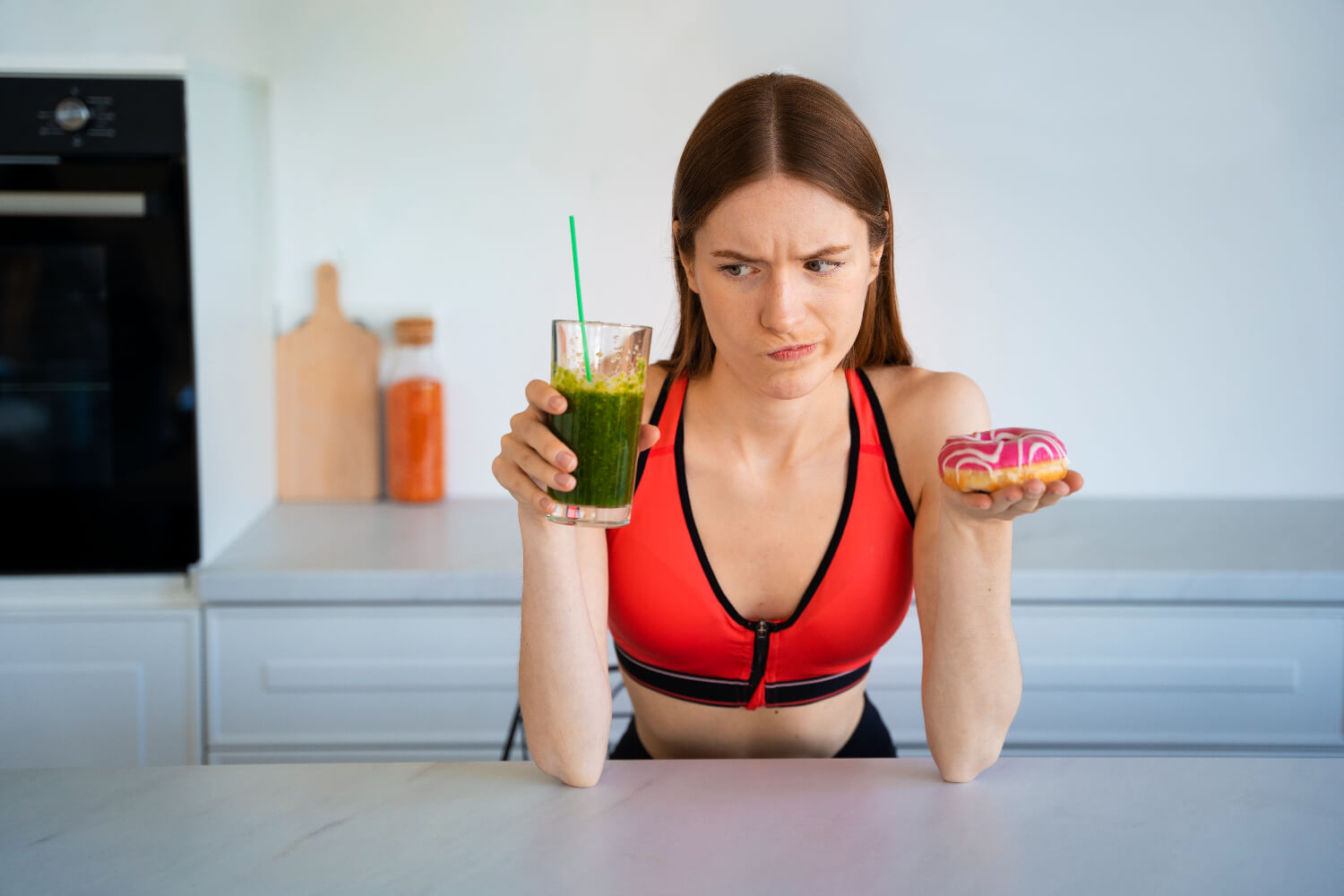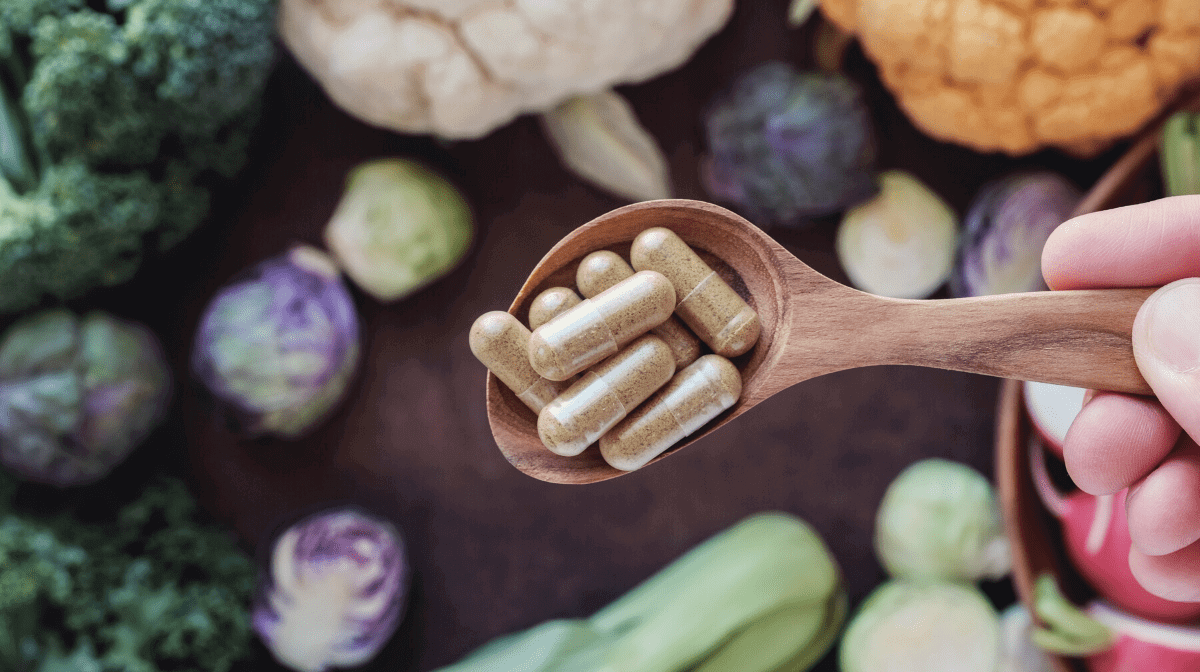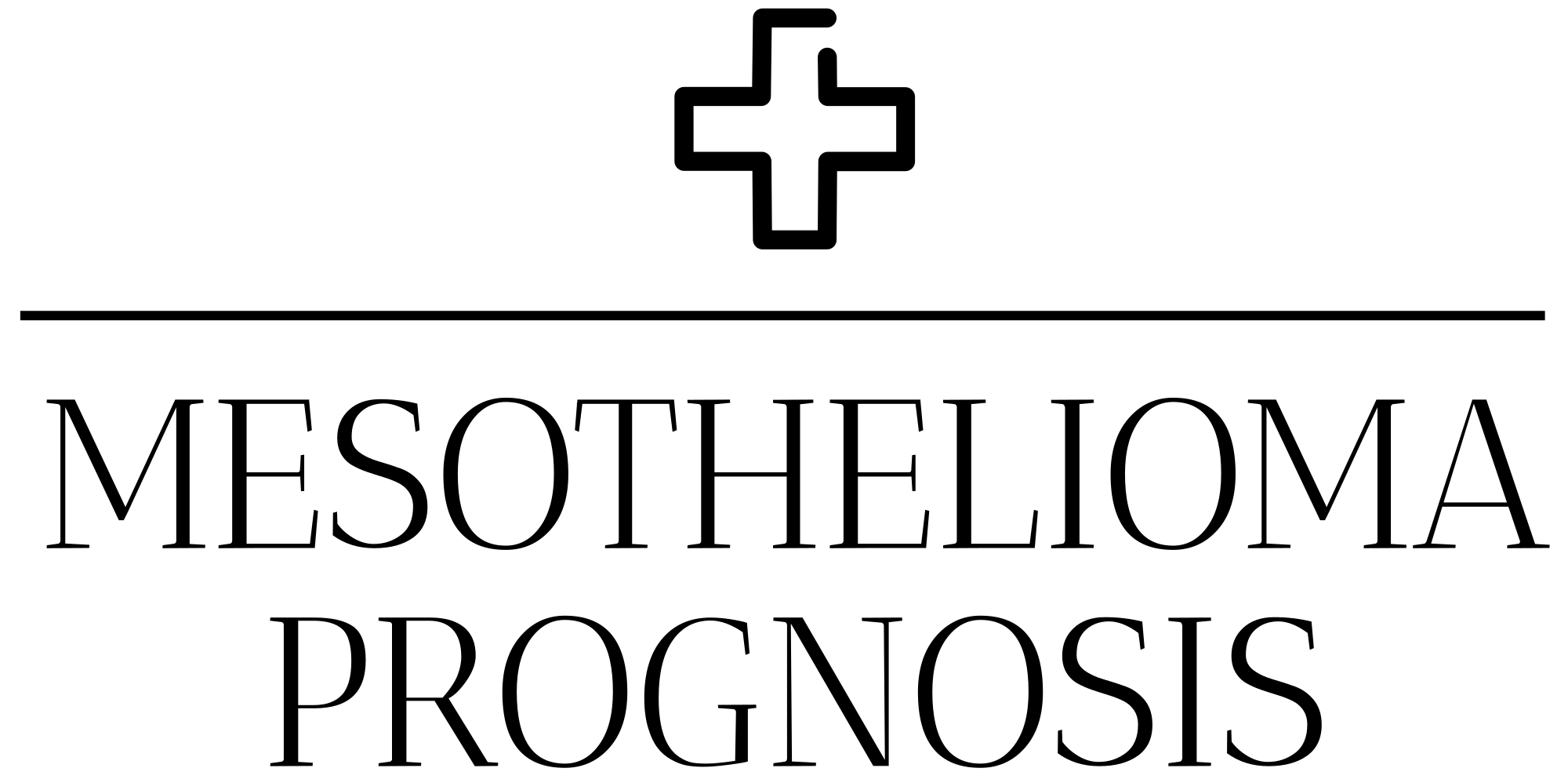Transitioning to a vegan diet can be an empowering and health-conscious decision. It’s a lifestyle that prioritizes plant-based eating, ethics, and sustainability. But like any diet, ensuring you’re meeting your nutritional needs is essential. One common question that arises is whether vegans need to take supplements. The short answer is that it depends. Some nutrients are harder to obtain from a vegan diet, but thoughtful planning and supplementation (if necessary) can help bridge the gaps.
Here, we’ll explore the key nutrients vegans should pay attention to, discuss whether supplements are required, and highlight plant-based foods to help meet those needs.
Key Nutrients That May Require Extra Attention
1. Vitamin B12
Vitamin B12 is critical for maintaining healthy nerve function and producing red blood cells. Unfortunately, it’s almost exclusively found in animal products like meat, eggs, and dairy. Plant-based foods don’t naturally contain this nutrient, making it one of the most significant concerns on a vegan diet.
Most experts agree that vegans should take a vitamin B12 supplement or consume fortified foods. Deficiency can lead to serious health issues like anemia and nerve damage.
Plant-based options:
- Fortified plant milks (almond, soy, oat)
- Nutritional yeast fortified with B12
- Fortified breakfast cereals
While these foods can contribute to your intake, supplements provide a more reliable source since the body only needs small amounts of B12.
2. Iron
Iron is essential for carrying oxygen in your blood. While plant-based diets can include iron-rich foods, plant-based iron (non-heme iron) isn’t absorbed as efficiently as the heme iron found in animal products.
Many vegans can meet their iron needs through conscious eating. However, people with higher needs, such as menstruating women or athletes, may require supplementation.
Plant-based options:
- Lentils, chickpeas, and beans
- Tofu and tempeh
- Pumpkin seeds, cashews, and chia seeds
- Leafy greens like spinach and kale
Pair iron-rich foods with vitamin C sources like citrus fruits, bell peppers, or strawberries to boost absorption.
3. Omega-3 Fatty Acids
Omega-3s play a vital role in heart, brain, and eye health. While fish is the most well-known source, vegans need to rely on plant-based options for these healthy fats.
While some plant-based omega-3 sources are excellent, they provide ALA (alpha-linolenic acid), which the body must convert to the more beneficial forms (EPA and DHA). This conversion is limited, so vegans may benefit from algae-based omega-3 supplements that contain EPA and DHA.
Plant-based options:
- Flaxseeds and flaxseed oil
- Chia seeds
- Walnuts
- Hemp seeds
Including these foods regularly is a must, but algae oil supplements are highly recommended, especially for those who want to maximize their intake.
4. Calcium
Calcium is essential for strong bones and teeth. While dairy products are the most familiar sources, plenty of vegan-friendly calcium-rich foods exist.

You might need a supplement if you’re not eating enough high-calcium foods or fortified products. However, a well-planned vegan diet can often meet natural calcium needs.
Plant-based options:
- Fortified plant-based milk
- Tofu made with calcium sulfate
- Almonds and tahini
- Kale, collard greens, and broccoli
Keep in mind that calcium absorption is also influenced by vitamin D, which brings us to the next nutrient.
5. Vitamin D
Vitamin D helps the body absorb calcium and supports immune function. Our primary source of vitamin D is sunlight, but exposure may not always be enough depending on where you live.
Regardless of diet, many people may have low vitamin D levels, especially during winter. Vegan-friendly D2 or D3 (derived from lichen) supplements can help.
Plant-based options:
- Fortified foods like plant milk and orange juice
- Sunlight exposure
6. Protein
Protein often sparks concern when discussing a vegan diet, but most people can easily meet their needs with plant-based foods. Still, variety is key to getting all essential amino acids.
Whole foods are typically sufficient, but protein powders can be useful for athletes or people with higher protein needs.
Plant-based options:
- Lentils, beans, and chickpeas
- Tofu, tempeh, and edamame
- Quinoa, amaranth, and farro
- Nuts, seeds, and nut butter
7. Iodine
Iodine is vital for thyroid health and is most commonly found in iodized salt and seafood. For vegans, this can be a tricky nutrient.
A supplement may be necessary if you don’t regularly use iodized salt or eat iodine-rich seaweed.
Plant-based options:
- Seaweed (e.g., nori, kombu, wakame)
- Iodized table salt
Remember that over-consuming iodine can also be harmful, so supplements should be taken cautiously.

The Role of Supplements in a Vegan Diet
While vegan diets have many nutritional benefits, such as fiber, antioxidants, and phytonutrients, they require careful planning to cover all essential nutrients. Supplements aren’t a sign of failure but rather a valuable tool to complement your diet, especially for nutrients like B12 and omega-3s that are particularly difficult to acquire from plants alone.
It’s worth noting that many omnivores also rely on supplements, whether for convenience, deficiencies, or enhanced health. Taking supplements as a vegan isn’t unique; it’s part of a broader conversation about health and nutrition.






